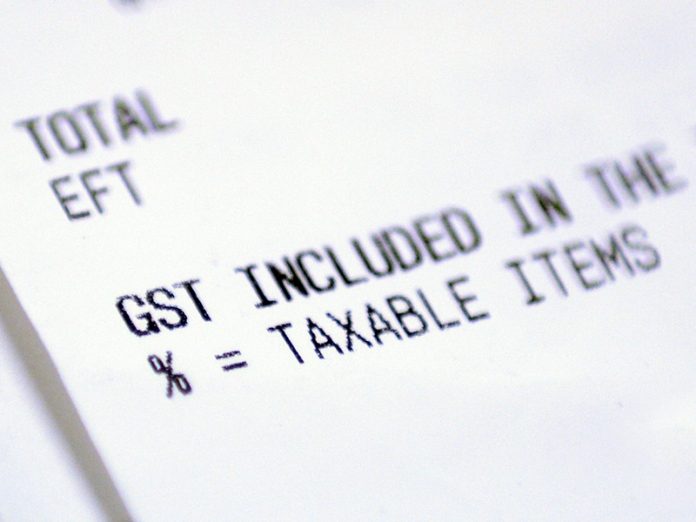What is goods and Service Tax? How will it affect us
At the midnight of 30th June 2017, India got her biggest financial reform after independence i.e. Goods and Service Tax. So we are here with a complete study of the tax and what are the salient points to remember on Goods and Service Tax
To understand on what actually happened in GST and how it will help us we need to know the history of taxes in India.
History
Direct Taxes: They are the income tax that are paid to the central government. They are divided into different slabs according to which citizens of India have to pay tax.
Indirect Taxes: These include taxes like VAT, Service Tax, Sales Tax, central excise etc, many of which come under the ambit of the State Governments and differ from state to state. In India, usually, indirect taxes levied on manufacture of goods or provision of services are the exclusive domain of central government. Taxes on consumption are the exclusive domain of state governments.
What was the problem with The earlier arrangement (which is used till now)
- There was dual taxation policy being followed in India. Suppose a Laptop goes out of the factory, the central govt. their takes Central Excise tax. Then, when that laptop is sold to a customer he is forced to pay VAT/ Service tax etc. Due to this the laptop became expensive due to 2 taxes one at factory gate and other at the shop.
- Every state had their different rates, suppose if Laptop purchased from Gujarat, he must have paid state tax and central excise there. Now when that is taken to Rajasthan for selling the company needs to state tax there also
This created a economic fragmentation, in which cost of a good used to get increased by 25-40% due to dual/triple taxation schemes.
How will be GST Different from This?
Goods and Services Tax (GST) is an indirect tax reform which aims to remove tax barriers between states and create a single market. With GST coming in force the state powers to levy taxes will be taken back. This will remove tax barriers between states and center will disappear.
How will it help the consumers?
Due to this new indirect taxation reform, goods will be taxed at only once. Suppose if earlier the collective tax being paid was 25% now it will come down to say 18%. thus reducing the extra burden from the customers. GST tax will include both state as well as central tax in it. This will bring much needed transparency in taxation policies in India.
What will be the effect of GST on Traders?
This is an aspect which looks most promising feature of GST and is expected to fill government Coffers. In India 90% of the Small Businesses don’t pay any taxes and are a big medium of black money generation. Now with GST making it mandatory for them to submit returns every 10 days stating complete details of purchase, sale and invoices, there will be a check on black money generation. Initially there might be many problems, but in long run this financial reform looks out to be the one which India needed the most.
























